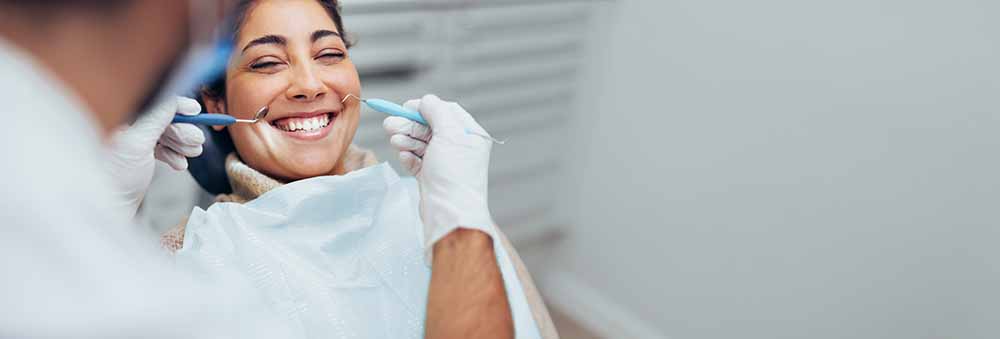Maintaining good oral hygiene is essential to one’s overall health and well-being. Untreated oral problems may raise the chance of developing harmful health conditions. For this reason, keeping proper dental hygiene is crucial to enhancing both your general and oral health.
The mouth is rife with bacteria, just like other parts of the body. Most of it are not harmful. However, the mouth serves as the entrance to the digestive tract through which food passes through. The respiratory tracts, which are the organs that permit breathing, are accessed through the mouth as well. Thus, oral bacteria can occasionally cause illnesses that spread throughout the body.

Majority of the time, dental hygiene and the body’s defences keep bacteria in check. Brushing and flossing your teeth on a daily basis is part of good oral hygiene. When dental hygiene is neglected, microorganisms can proliferate to the point that they can cause illnesses including gum disease and tooth rot.
Additionally, several medications have the ability to reduce salivary flow. Decongestants, antihistamines, analgesics, dietary supplements, and antidepressants are some of these medications. Saliva removes food particles and balances the acids produced by oral bacteria. This aids in preventing the transmission of germs that could cause illness.
Periodontitis, a severe form of gum disease, is associated with oral bacteria as well as inflammation, or swelling and irritation of the mouth. According to studies, various diseases may be influenced by these microorganisms and inflammation. Moreover, a number of illnesses, including diabetes and HIV/AIDS, might make it harder for the body to fight infection. That may exacerbate issues with oral health.
5 reasons why one should maintain oral hygiene.
Overall well-being
The entrance to your internal organs is through your mouth. Additionally, the mouth provides a window into early systemic illness signs. Systemic conditions like diabetes frequently manifest as oral lesions or other dental issues like gum infections. In addition to diabetes and heart disease, poor dental hygiene can lead to the following additional health issues: infectious endocarditis, bacterial pneumonia, pregnancy complications, low birth weight sepsis from cancer.
Early detection of oral diseases
A crucial element of maintaining good dental hygiene is visiting your dentist every six months. This can help the doctor to assess and inspect dental issues that one may be facing or in identifying any dental disorders that may be causing health issues.

Prevention of tooth loss
The most prevalent dental issue affecting both adults and children is tooth loss. Poor oral hygiene is one of the many causes of tooth loss. It can lead to plaque buildup, which can then develop gum disease or severe tooth decay, both of which can lead to tooth loss.
Plaque development can be lessened by consistent, appropriate brushing and flossing. But brushing and flossing alone won’t guarantee that your oral hygiene and health are at their finest; you should schedule expert teeth cleanings twice a year. This is to guarantee that there is no plaque or tartar on the gum lines or hard-to-reach teeth.
Oral treatment plan
Every patient has a different mouth shape and set of dental issues. Regular dental appointments can identify several dental issues. Dental evaluations can assist in developing a customised dental plan for each patient’s need. The goal is to support you in reaching your dental objectives while maintaining proper oral hygiene and wellness.

Adds a brighter smile to your face
You need to maintain good dental hygiene every day to flash your pearly whites! Maintaining a plaque-free grin will help you smile even brighter with confidence.
Following tips can help you maintain proper dental hygiene:
• Eat wholesome meals and stay away from sugary snacks
• Refrain from using tobacco products
• After eating, rinse your mouth with water.
• At least twice a day, brush your teeth.
• When participating in contact sports, wear a mouth guard to protect your teeth.
• If you have a habit of grinding your teeth while you sleep, use a night guard.